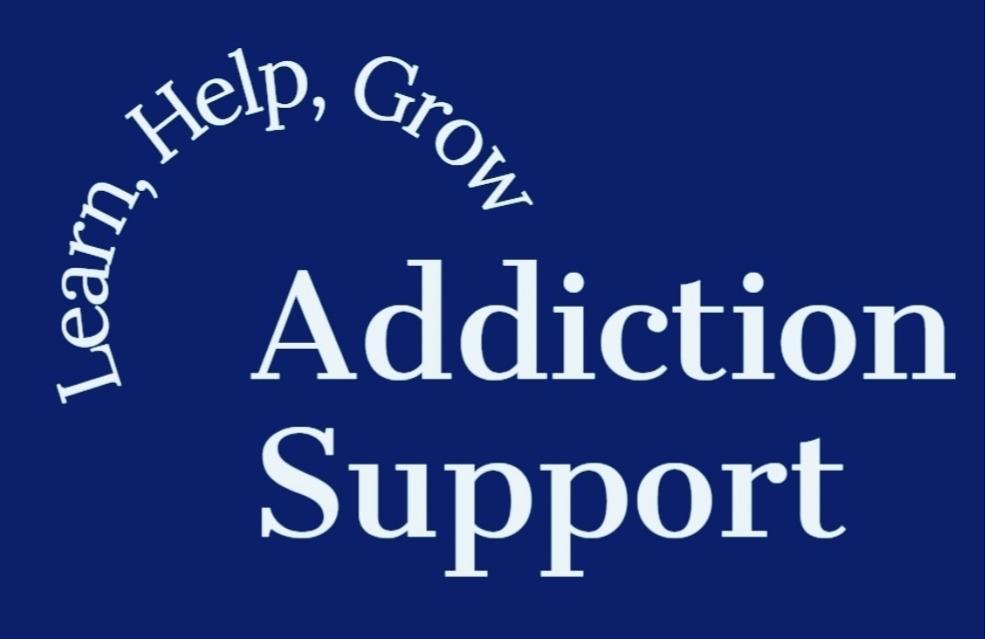The road to sobriety is rarely traveled alone. In the aftermath of substance addiction, relationships – especially within families – often bear the brunt of the damage. Rebuilding trust and fostering genuine connection becomes a crucial part of the recovery process. But how do you navigate these complex dynamics? The answer lies in establishing and maintaining healthy boundaries. If you’re looking to strengthen your relationships during addiction recovery, you’re in the right place.
Why Healthy Boundaries Matter in Addiction Recovery
Experts in family programs and recovery coaching emphasize that understanding and implementing boundaries is essential for both those in recovery and their loved ones. This isn’t just about setting limits; it’s about creating a foundation of trust and respect that supports lasting sobriety.
Understanding the Basics of Boundaries
So, what exactly are boundaries? Essentially, they’re the emotional and physical limits we set to protect our well-being. They define who we are, ensuring our relationships are built on safety, support, and mutual respect.
The Difference Between Healthy and Unhealthy Boundaries
* Healthy Boundaries: Promote respect, individuality, and mutual understanding.
* Unhealthy Boundaries: Involve manipulation, control, and a disregard for others’ needs.
As one expert aptly put it, boundaries are about finding a balance: protecting what you value while respecting the values of others.
The Crucial Role of Boundaries in Recovery
Personal Values and Needs
Our boundaries are rooted in our personal values and needs. They provide a framework for expressing our individuality and communicating our expectations to others. By setting clear boundaries, we define what behaviors are acceptable and unacceptable.
Navigating Codependent Relationships
Codependency can blur the lines of personal identity. Establishing boundaries in these relationships requires practice and a shift towards self-care. Prioritizing your well-being isn’t selfish; it’s essential for resilience.
Dealing with Toxic Relationships
Toxic relationships, marked by abuse and manipulation, require vigilant monitoring. Any relationship can become toxic, and these patterns can persist into recovery, making boundaries crucial for safety.
Practical Examples: Setting Healthy Boundaries in Recovery
While some boundary violations are obvious, others are subtle. Paying attention to your emotional responses is key.
Recognizing Emotional Cues
Pay attention to these red flags:
* Do you feel uneasy or anxious?
* Are you experiencing resentment or feeling overwhelmed?
* Are you confused or feeling manipulated?
Real-Life Scenarios
* Refusing to lie for someone.
* Prioritizing sobriety over potentially triggering social events.
Taking the First Steps: Setting Your Boundaries
Introspection and Motives
Begin by examining your motives. Are you acting out of self-care or attempting to control others? This introspection is crucial, especially for those in recovery or those who have been deeply involved in a loved one’s addiction.
Building Confidence
Once you are confident your motives are rooted in self-care, you are ready to establish healthy boundaries.
Effective Communication: Conveying Your Boundaries
Communicate your boundaries with respect and clarity.
Using “I” Statements
Focus on your experiences and feelings, minimizing defensiveness. To properly use “I” statements, you can start with “I feel…” or “I need…”, followed by your feelings or needs. Then, take a moment to explain the situation or behavior that caused those feelings or needs. Try to avoid language that sounds like blaming or accusing. This may take some practice in order to improve.
Vulnerability and Strength
Sharing your feelings and needs can be vulnerable, but it’s essential for healthy relationships.
Setting healthy boundaries is not about building walls; it’s about creating a safe space for genuine connection. By prioritizing self-care and communicating effectively, individuals in recovery and their loved ones can build stronger, healthier relationships.



